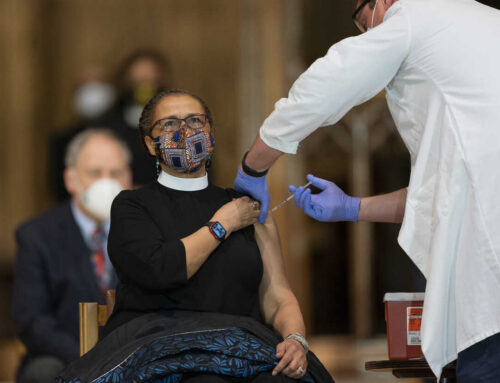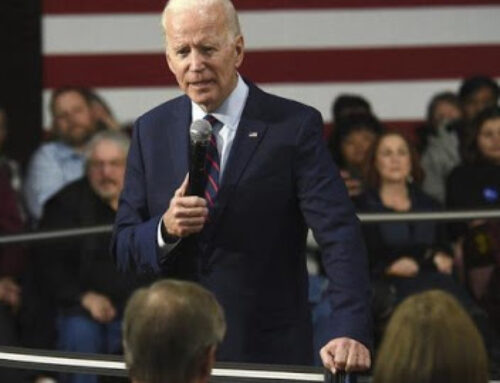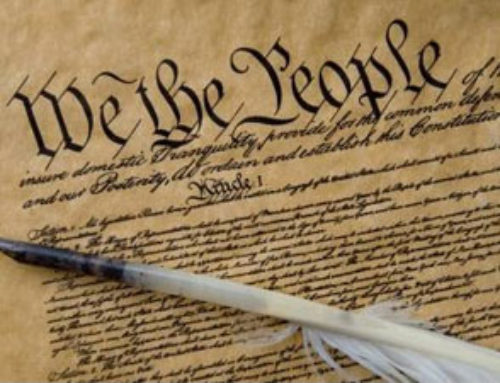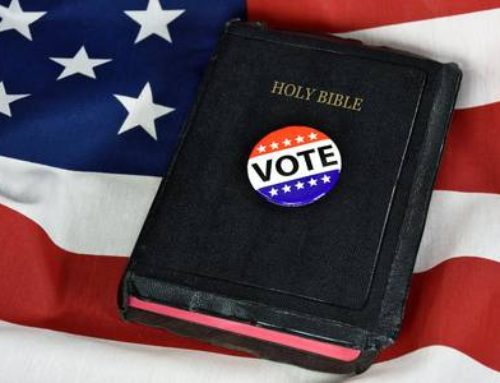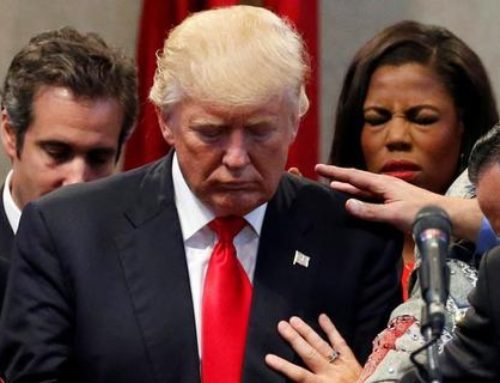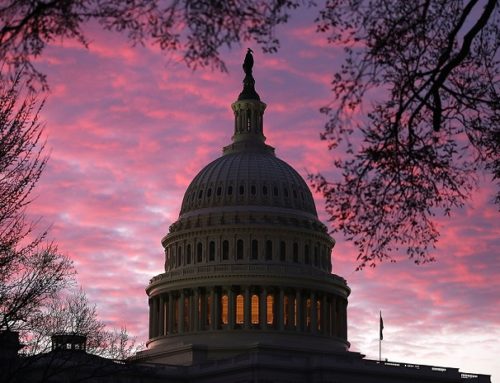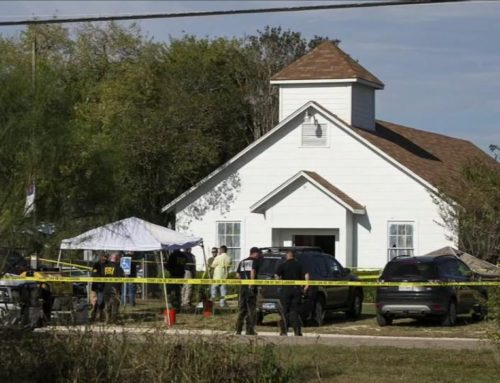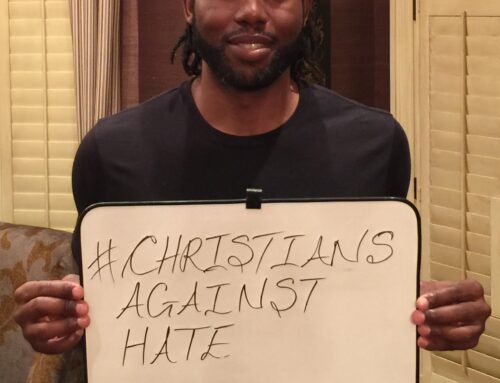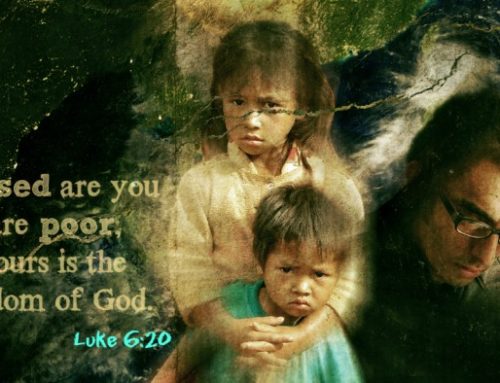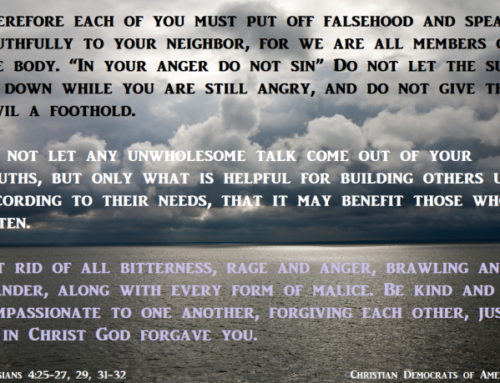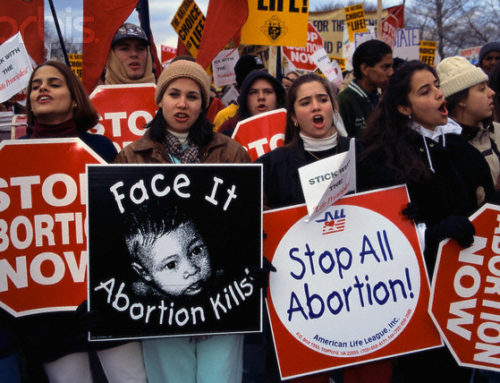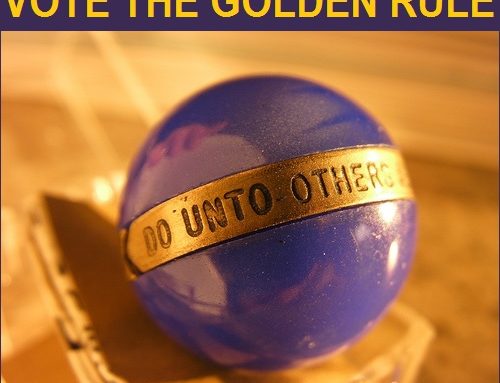By Bjorn Beer
How many hundreds of times have you heard the statistic that 81% of white Evangelical Christians voted for Trump? When those in the secular press use it, it takes on a dismissive tone towards the whole religion (as if white Evangelical Christians are representative of the entire religion). When progressive Christians use it, it takes on the air of a self-flagellation or a broadside condemnation towards any and all who voted for Trump, as if these voters are fated to vote for Trump again.
I suggest we invert the statistic. 19% of white Evangelical Christians didn’t vote for Trump, (16% voted for Hillary Clinton). If we flip the narrative and focus on the 19% who did not vote for Trump, we can have a much more interesting and productive conversation: How do we increase this number? Focusing on the future allows for the briefest of moments to feel hope. Here’s why:
White Evangelical Christianity is Not a Monolith: If you “zoom in,” Trump’s support amongst white Evangelicals actually breaks down when you ask about support issue by issue. While there is an immense display of tribalism that accounts for much of Trump’s loyal support, there are some voters who won’t vote for Trump because another issue speaks to them. In personal anecdote, I know otherwise fundamentalist Christians – surrounded by Trump supporting friends and family – whose minds were changed away from the religious right by changes on one or two issues. For example, they might have a loved one who was forced to have an abortion, or perhaps they became friends with a gay couple, or perhaps they befriended an immigrant family effected adversely by rising xenophobia. Behind these statistics are people, and people do change.
2016 was an outlier: White Evangelical support for Clinton in 2016 was abnormally low (16% compared to Obama’s 26% and 21%). Why? In both the primaries and general election, the American electorate writ large was primed against anyone in the Washington establishment after the bank bail outs and over-extension abroad. She was the right candidate at the wrong time who had a tremendous amount of baggage for those who had seen her as a foil in the culture wars. Many voters weren’t pro Trump per se but anti establishment, fed up with bipartisan support for bank bail outs and costly militarism. The temperature of our political climate was heavily biased towards a “smash everything” outsider, and Hillary Clinton was the most Washington-establishment politician imaginable. Timing is everything in politics.
We’re closer than you think: We don’t need to reverse the whole statistic and have 81% of white Evangelical Christians vote blue. In 2008 Obama won 26% of white Evangelicals, 21% in 2012. If Hillary Clinton had Obama’s margin of white Evangelicals, she would have easily won Michigan, Florida (!) and maybe even Ohio. So, just imagine if the nominee in 2020 can raise Hillary’s 16% by just 4-5%? Or, conversely if the 19% who didn’t vote for Trump increase just a percentage or two?
WWJD? Trump and the Religious Right filled what I call a “values voter void.” Yet, something has changed in the last few years. From Red Letter Christians to Christians Against Hate to Vote Common Good, millions of Christians are speaking up against the moral bankruptcy of the Religious Right. In particular, Christian Democrats of America (which spearheads Christians Against Hate) has been raising its voice on these issues for over a decade, but since 2016 they have seen an increase of over 50,000 followers, many of whom are Evangelicals who have jumped from the Trump train. Something is changing. I want you to imagine if the result of 2016 might have been different if – from time to time – Hillary might have spoken about her strong Methodist faith? Why can’t a politician fully embrace the civic value of Jefferson’s “wall of separation between church and state” yet also explain how their religious and philosophical traditions inform their values? Why does the Left leave the void to be filled by people who obviously are not literate about what Jesus preached? Even if the politician isn’t a Christian, they can still leverage allied surrogates in the Christian community who can explain with Christian framing why their left-leaning policies are more “Christ-like” than the Trumpian alternative. People must stand up and ask from the pulpit and the pew: which politician’s positions are more similar to the Sermon on the Mount? It’s that simple.
Trump is running scared:Why was Trump the first president to speak at the Right to Life rally in January 2020 in Washington, DC? Why has he gone to great lengths to pander to the Religious Right? Why is he playing to the base? He’s running scared. Support amongst white Evangelicals for the GOP in 2018 midterms was lower than their support for Trump two years prior. He knows that if his “Christian” base erodes by even 1% he might stand to lose key states. Whether you are a Christian or not, this number making it even to just 20% or 21% could make all the difference in multiple swing states where the margins are razor thin. Incumbents carry an immense advantage in American political history, but if Trump loses in November 2020, it may come down to enough Evangelicals who came to a realization that Trump is the least Christ-like figure imaginable. It is very possible we will look back to the recent Christianity Today article calling for Trump’s removal from office as the beginning of the end of the Religious Right – and of Trump. It’s time for progressive Christians (a.k.a. those who read what Jesus preached) to be bold in their opposition to Trump.
This is an end of an era: While it is depressing that 81% of white Evangelicals voted for Trump, every time I hear this statistic I cherish the fact that the Religious Right will be permanently marred by this. There is no coming back from this. They have permanently destroyed their credibility. That generation – the generation of the culture wars and the cynical co-option of Christianity – is facing demographic headwinds. They are making way for a new political voice of Christianity that is liberal because it is literate in what Jesus actually preached. Due to an exodus of young people out of conservative Evangelical Christianity and an aging population, some demographers predict that conservative Evangelicals will no longer play a decisive roll in Presidential politics as early as 2024. Goodbye and good riddance.
So, here we have a small glimmer of hope in an otherwise depressing situation. The checks and balances the founders put into our Constitution are not enough to check Trump. We are facing an emboldened demagogue with authoritarian impulses that will not be confronted by a feckless and cowed GOP. Saving our democracy is an all-hands on deck proposition. We must awaken a robust Christian resistance to Trump. Our Republic’s survival depends on it.
Civil society – of which religious institutions are a key part – is our only hope now. Religion can cut across parties and it can break through media bubbles and social media solipsism. The Good News can trump fake news, but we have to speak up.
Bjorn Philip Beer is a writer, former pollster with Penn, Schoen and Berland (now Burson Marsteller) and CDA contributor. He’s retired from a career in software and has previously worked on Congressional campaigns. Follow him on Twitter at @BjornPhilipBeer.






